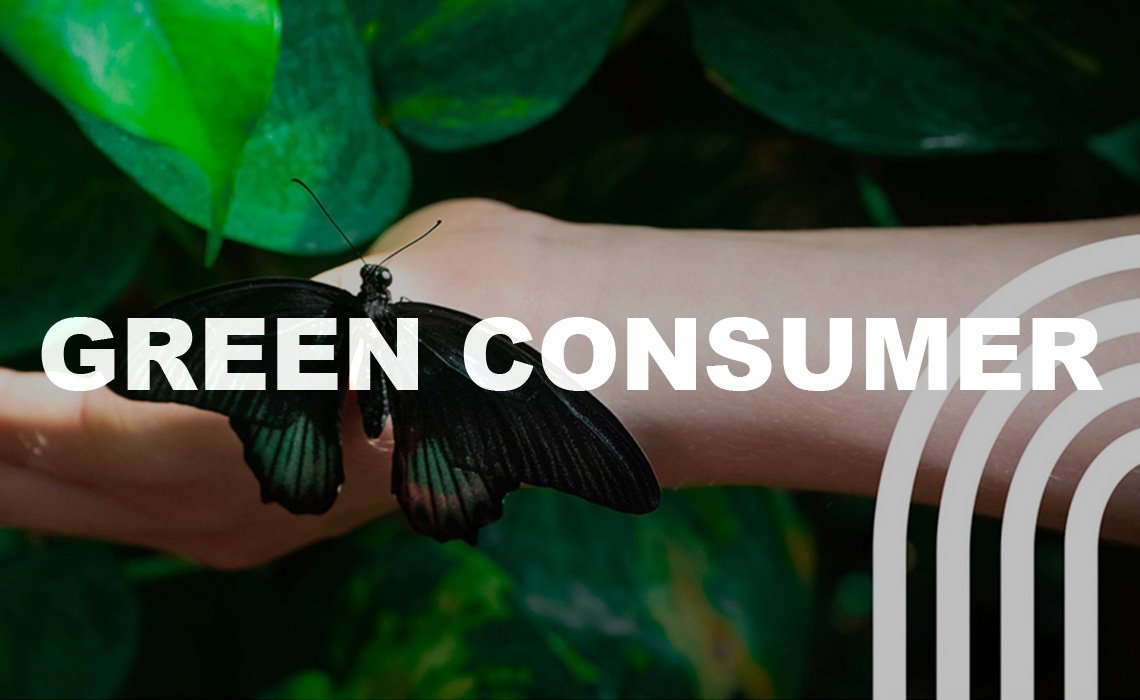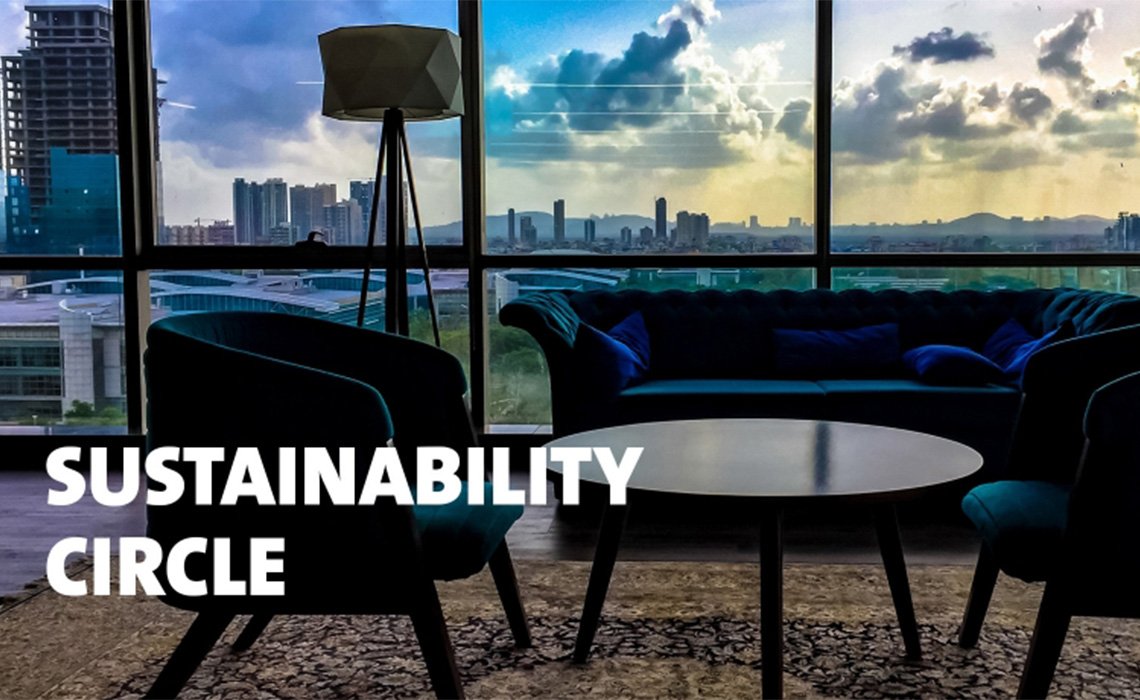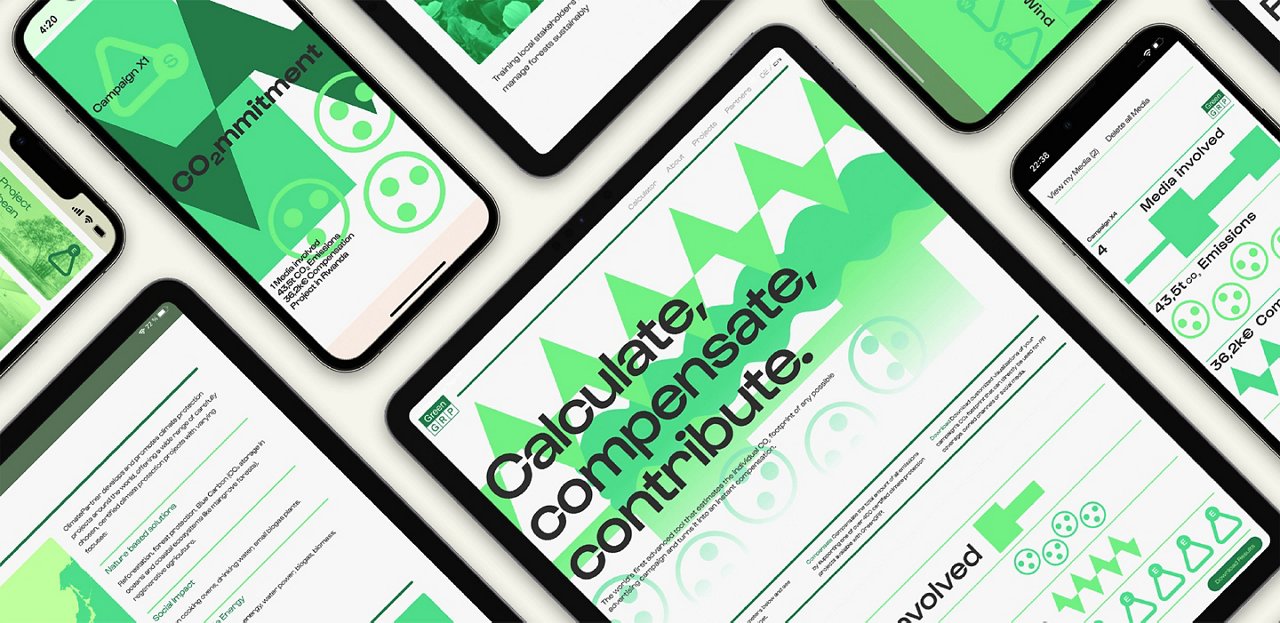© Serviceplan Group 2024
Several years ago, when some Mediaplus Group colleagues began to merge their private interest in sustainability into their professions, they had to find arguments for why it makes sense to deal with sustainability in the media sector. We were often confronted with the question: What are the most significant impacts in the relationship between sustainability and media planning?
In the meantime, the situation in the market has changed fundamentally: The majority of consumers think it’s good that companies place their advertising money with media and platforms that make sustainable contributions to society. They see companies as having a duty to address sustainability in all areas of activity. New legal requirements are forcing companies to examine not only their own sustainability, but their suppliers’ too. At the same time, the Green Claims Directive is putting sustainability communication to a whole new test. The discussion about ethical journalism and ValueMedia is also gaining momentum.
The tide has turned: Never before has the call for media to behave in a sustainable and responsible manner been so loud. In our role as media consultants and business partners, we are driven by the question: "How can or should companies and brands behave in this situation? The Mediaplus market initiative "Sustainable Media Planning" has been addressing this question for more than 5 years. As an integral part of #THEGOODLINE, the Serviceplan Group's sustainability offering, we show how sustainable media could look in the future.
News
Invitation to the Sustainability Breakfast
Start next year sustainably with us and join our Sustainability Breakfast. Our Managing Partner Matthias Brüll is looking forward to welcoming you on February 8, 2024, from 9.00 - 12.30 at the House of Communication in Munich. In three sessions you will gain insights on:
- Supply chain legislation and the Green Claims Directive - more clarity on sustainability regulation in the communication business (Prof. Dr. Daniel Graewe, LL.M., lawyer)
- Development of a Sustainable Media Model (Dr. Lisa-Charlotte Wolter, Professor Media & Marketing)
- Sustainable and responsible media investments? What can we transfer from the financial world to the media world? (Niclas Hübner, business lawyer & media expert and Florian Ecker, media expert)
Sustainable Media & Brand Management Symposium 2023
What does sustainable media mean from a marketing and media perspective? How can sustainable media planning be established in the market? And to what extent do consumers honour the sustainable use of media and information by brands? These and similar questions were the focus of the SUSTAINABLE MEDIA & BRAND MANAGEMENT SYMPOSIUM 2023, which Mediaplus organised together with our university partner, the iu International University, on 8 + 9 November 2023 in Hamburg.
A panel discussion opened the event on the evening of 8 November at the Haus der Kommunikation Hamburg. The conclusion: authenticity, commitment and perseverance are important pillars of sustainable communication. In future, a new evaluation grid will be needed when working with the media. Guidelines for a sustainable media model are to be developed from this. Mediaplus is currently conducting a comprehensive study on this topic together with iu. The BVDW also sees sustainability as one of the most important topics in our industry. The association is currently focussing strongly on the ecological area of sustainability. It is also working on solutions that provide customers with guidance and offer security for the upcoming legal regulations.
On 9 November, the focus was on an open exchange on the topic of sustainability in the context of marketing and media. All participants recognised that sustainability opens up a great opportunity for brands to make a contribution to the climate and society. On the other hand, sustainability is an opportunity for brands to take a stand and build consumer loyalty. Studies show that consumers attach great importance to sustainability. They think it is important for companies to get involved in this area. There was also a lot of discussion about the future evaluation of media. Both agency representatives and media experts are calling for a new KPI for this. A KPI that makes the evaluation of media measurable according to both the current ESG guidelines and quality criteria. Different approaches must be brought together here in order to establish a universal system. However, customers can already get started today. Consumers reward sustainable storytelling, they appreciate easy-to-understand and transparent advertising. The time to start the journey is now! Even if not everything is 100 per cent sustainable yet, the will and a firm goal count.
Mediaplus will also act as a driving force and innovator in the area of sustainability and keep you up to date on our channels. Let's take the path to greater sustainability in our industry together. It makes a difference.
Let's talk about... Sustainability!
The range of topics here has grown considerably: legal requirements, opportunities for sustainability communication, consumers’ views, addressing sustainable target groups... Let’s talk about your individual questions or use our Sustainability Circle to exchange ideas with other companies. Our sustainability team is looking forward to hearing from you!
#THEGOODLINE
Future-oriented marketing is sustainable & CO₂-reduced. With #THEGOODLINE, the Serviceplan Group bundles its sustainability experts under one roof.
This provides clients with a range of products and services from the areas of sustainable strategies, sustainable communication, sustainable production, sustainable media & sustainable digital solutions that support marketing on its entire sustainability journey.
For more information on #THEGOODLINE, click here:
Sustainability Circle
Become part of our sustainability network - the Sustainability Circle. The core of the network is the monthly Sustainability Circle Talk, where we network via MS Teams, learn from each other and inspire each other. In the exclusive member area we exchange relevant studies and info links. With the Sustainability Circle, we are pleased to open a virtual space where we jointly develop the topic of "sustainable media" for our industry. Would you like to shape a sustainable media future with us?
You can access the members' area directly via the link below.
Not a member yet? Join the circle - we look forward to meeting you!
Members' area Sustainability Circle Registration

Impulse talk
Sustainable media has many facets. Whether you have specific questions or would just like to get an overview, in a personal discussion we will bring you up to date on all aspects of sustainable media – digitally, or on site in Munich. The focus is on legal issues, addressing sustainable target groups, designing sustainable media campaigns, ethical journalism - or your individual questions.
We look forward to an exchange with you: Which KPIs should reflect sustainability? How should briefings be redesigned? Are additional costs for sustainable media worthwhile? How important is sustainability to your target group?
Would you like to discuss these and other questions with us? Then register in our contact form or contact us at nachhaltigkeit-mediaplus@house-of-communication.com.
Sustainable Media Solutions
In addition to sustainability consulting, more and more of our clients want concrete product and planning offers that support them in the implementation of their sustainability goals. According to our clients' assessment, the guiding principle in the development and provision of our products is:
"Reduce first and then compensate!"
Here you can find information about our sustainable product range:
Sustainability Insights

Green Consumer
Sustainability is a key topic of the day and is gaining increasing relevance in purchasing. Nevertheless, when it comes to sustainable purchasing decisions, a discrepancy between attitude and behavior is often present. People say sustainability aspects are important to them when buying, but they ultimately act differently at the point of sale. This is partly because they are not willing to pay a premium for it, and partly because they don’t know to what extent the products are actually sustainable. This is why it’s important for brands to analyze their target groups precisely and work out gradations. Sustainable buyers are not all the same. The range goes from the mainstream, who occasionally buy organic products on sale, to people who care strongly about environmental protection and are actively engaged.
Brandroadshow 2023: The turning point of marketing - sustainability
Best Brands win with sustainability
71% of consumers consider climate change to be a serious problem. 90% of consumers want to buy sustainable products. Sustainability is crucial for emotional brand loyalty and thus for success in the market. This is proven by this year's Best Brands Awards winners. Whether Lego, Bosch, DM Drogeriemarkt or Nivea: the top spots in the ranking of the 500 most important brands in Germany have oriented their brand policies towards sustainability.
According to a Serviceplan survey exclusively for the Brand Road Show (BRS), three quarters of CMOs in the DACH region (Germany, Austria. Switzerland) had sustainability marketing as the highest priority. However, almost 70% of the CMOs surveyed still see a great need for catching up and consulting in this area in their companies. Sustainability, the speakers concluded, only works holistically. It requires a reorientation in four dimensions: Target groups, media strategy, communication content and marketing organization. The BRS always shows approaches to solutions based on best cases.
Jack Wolfskin's BRS visitors took away two insights: Communication geared towards sustainability generally achieves higher impact effects and sustainability communication specified to individual target groups significantly increases this effect. The sustainably-minded buyers of the outdoor brand are only a homogeneous consumer group at first glance. A precise analysis reveals serious differences in attitudes and motivations for sustainability. With integrated market and brand-specific data and a values-based approach (values planning), target groups are specified for media planning. What follows from this is addressing them not only through different media and channels, but also with individualized campaign motifs. A further step is sustainable media planning. Advertisers can now offset their media placement emissions – the keyword is Green GRP. It allows booking of advertising media and placements according to sustainability criteria.
Sustainability has more dimensions than climate protection alone. In addition to ecological sustainability, economic and social sustainability are also relevant for consumers. The discounter Penny has been consciously setting an example for social responsibility in its communication for some years now. The Christmas campaigns "The Wish" and "The Crack" are among the most successful advertising films of 2021 and 2022; with campaign reach in the high double-digit millions, they really shook up society.
In order to meet the challenges of the turnaround in marketing, companies need to realign their marketing organizations. The realignment must be thought of in 5 dimensions: Technology, Data, Processes, Organization and Collaboration with Agencies. The goal is to grasp the changing market conditions at any time and to be able to react in real time. The prerequisite for this: a consolidation of all special services into holistic and customer-specific operating "customized agencies" and "customized teams" under one roof and from one source. The best cases Tchibo Docks, Clarins and BMW prove measurable results: 15% savings in overhead costs for agencies, a three times faster transformation, and a 35% uplift of ROI of marketing expenses. And all this with half the control effort.
Climate Neutral
Sustainability offer












